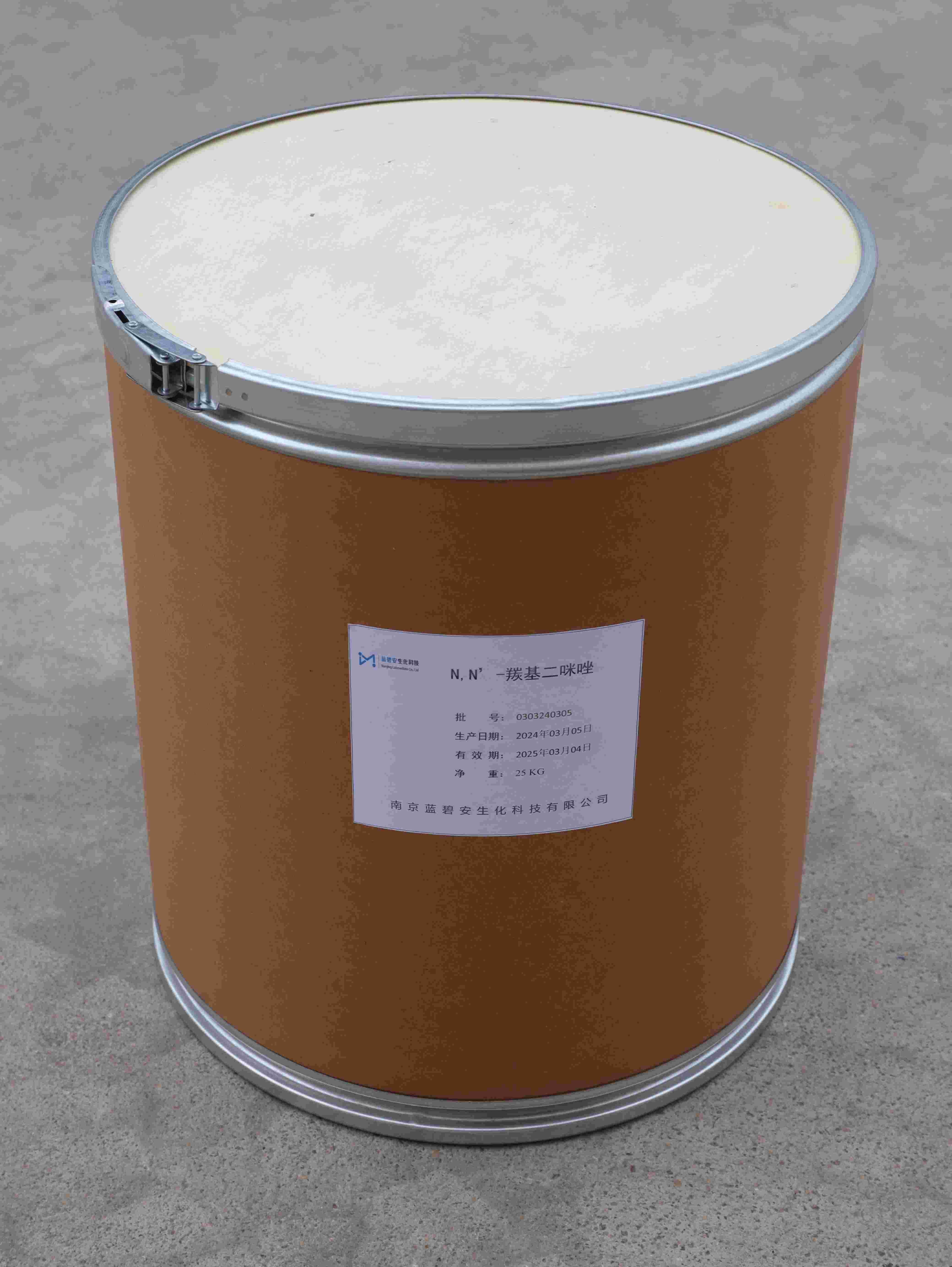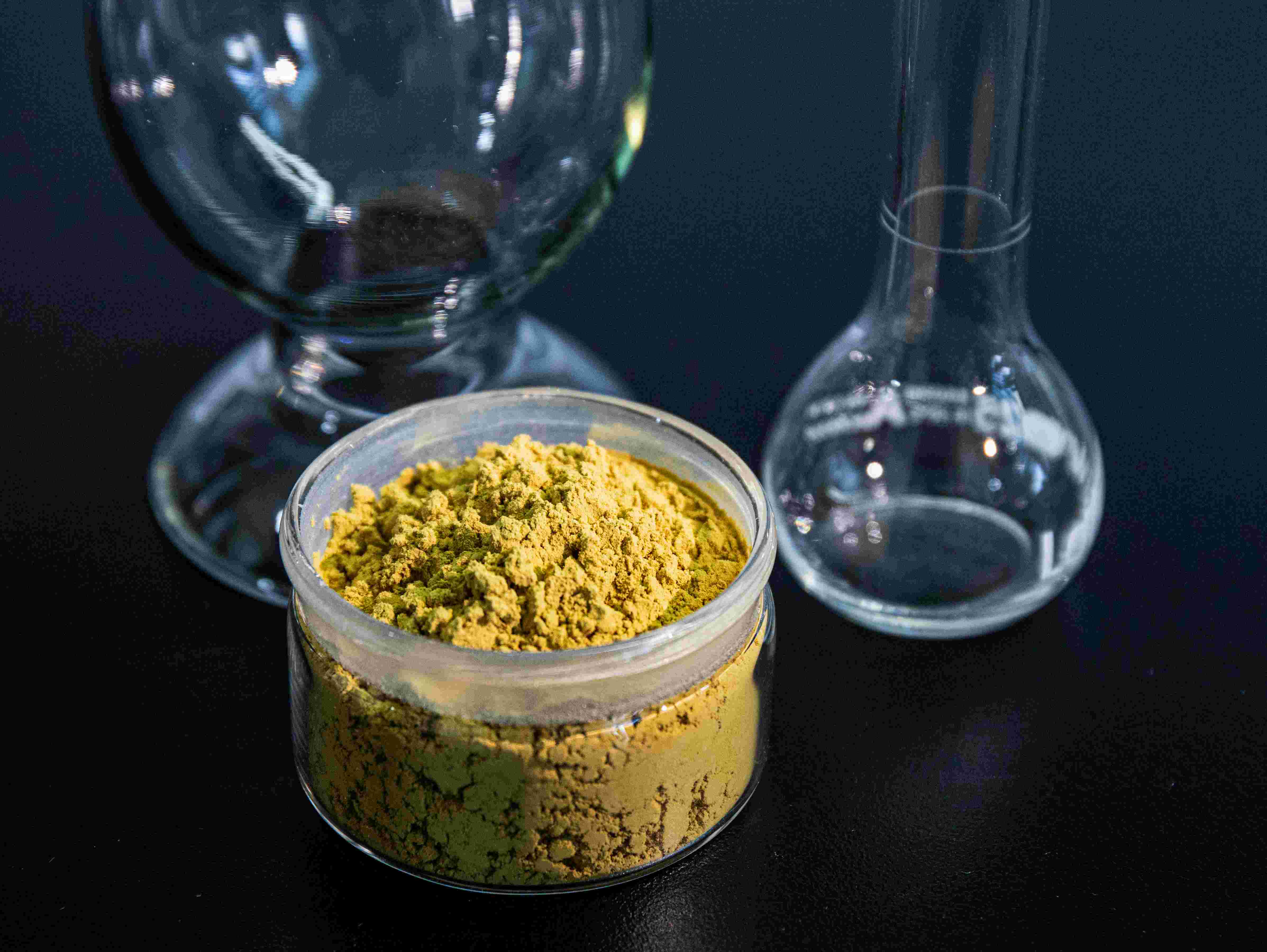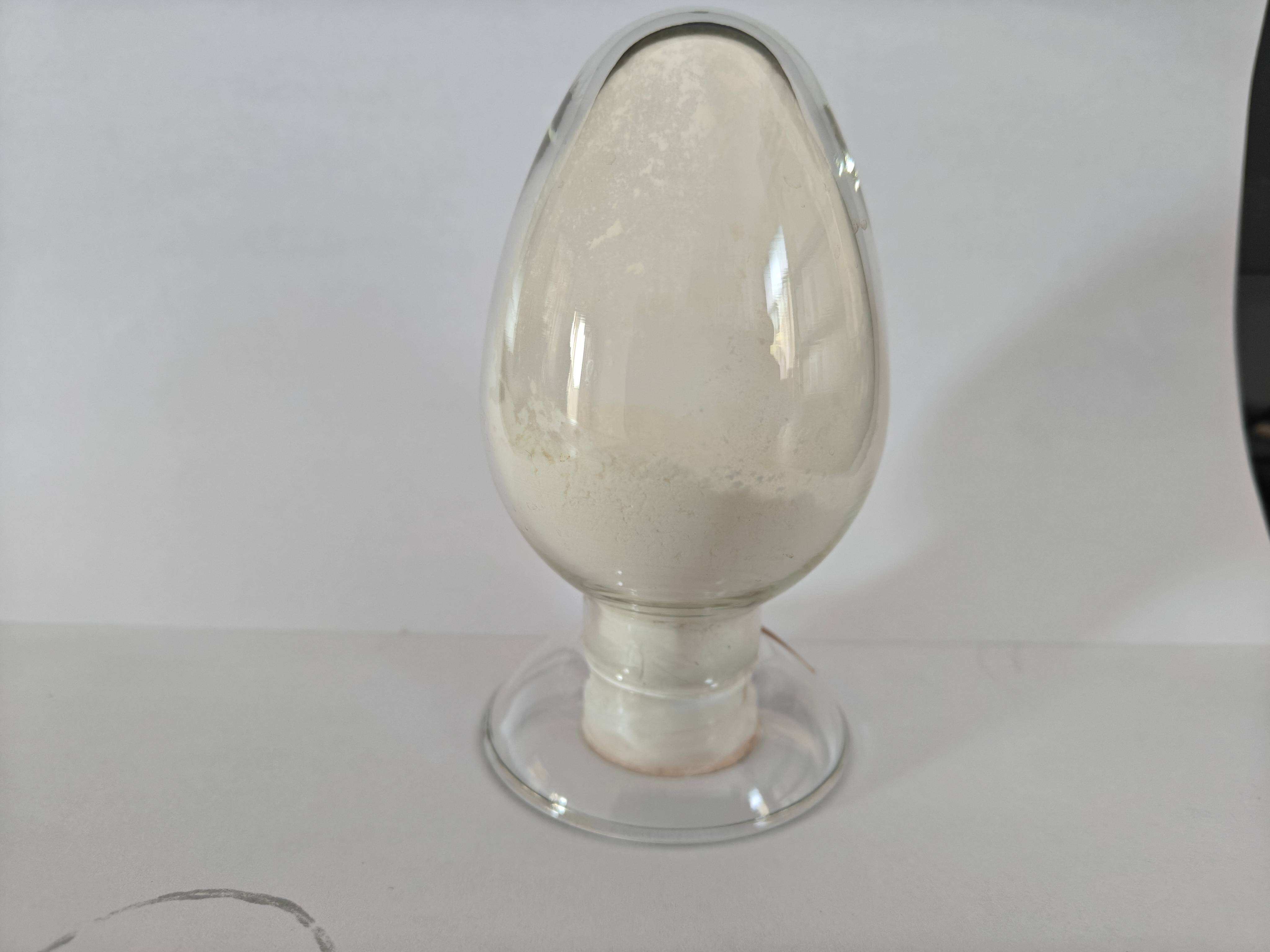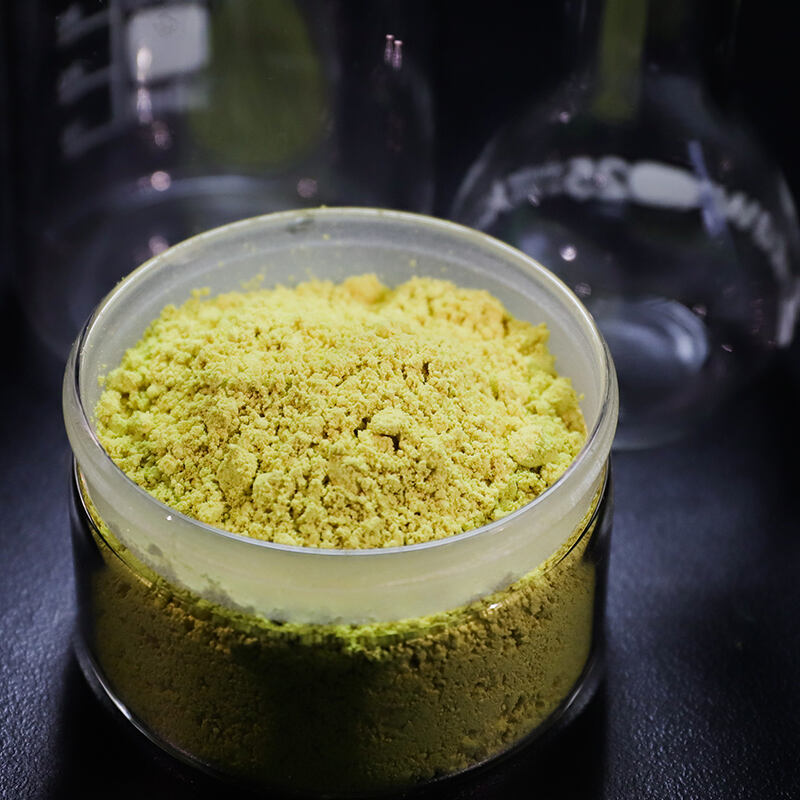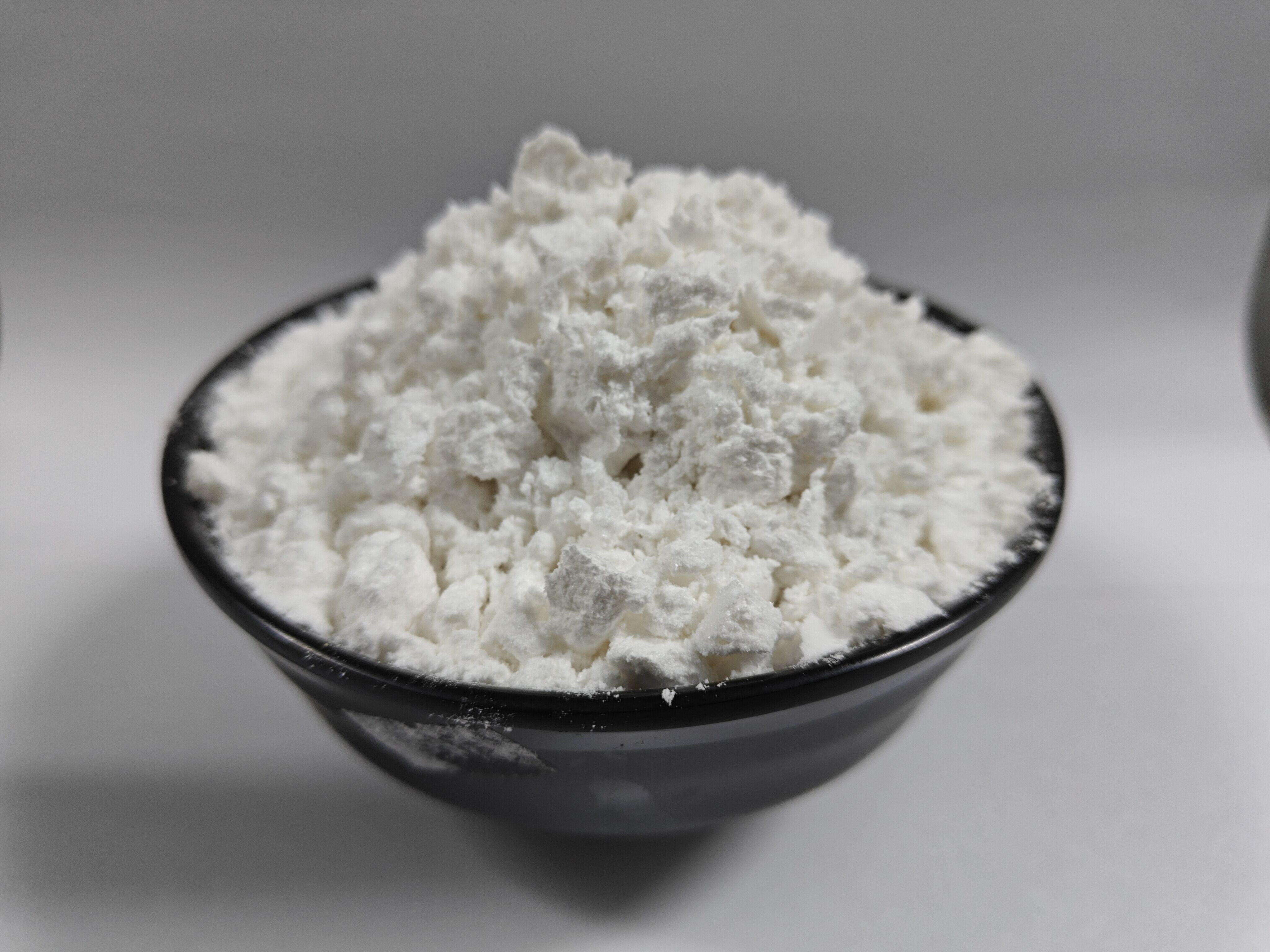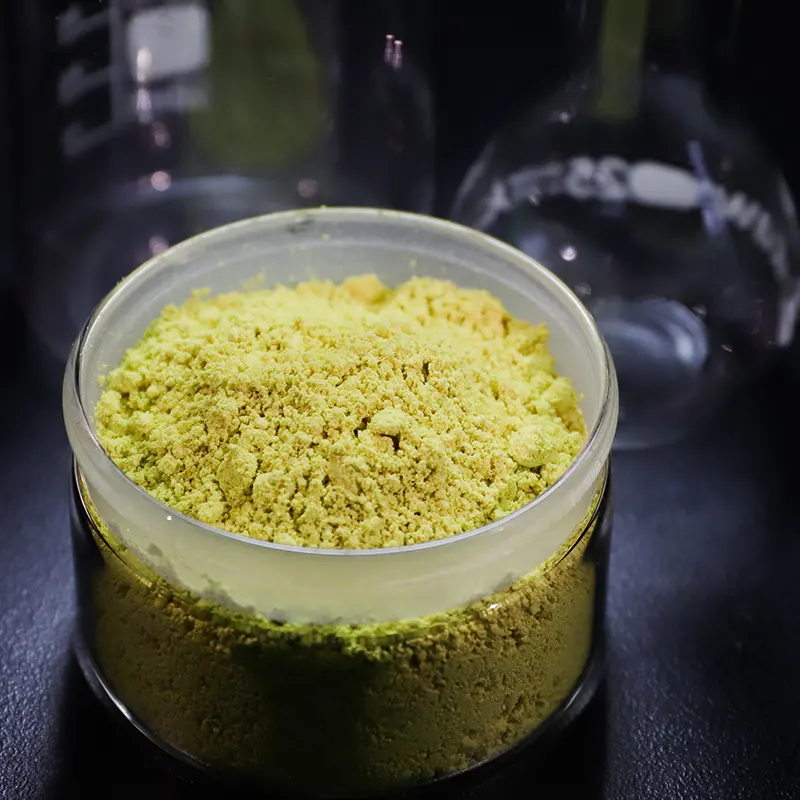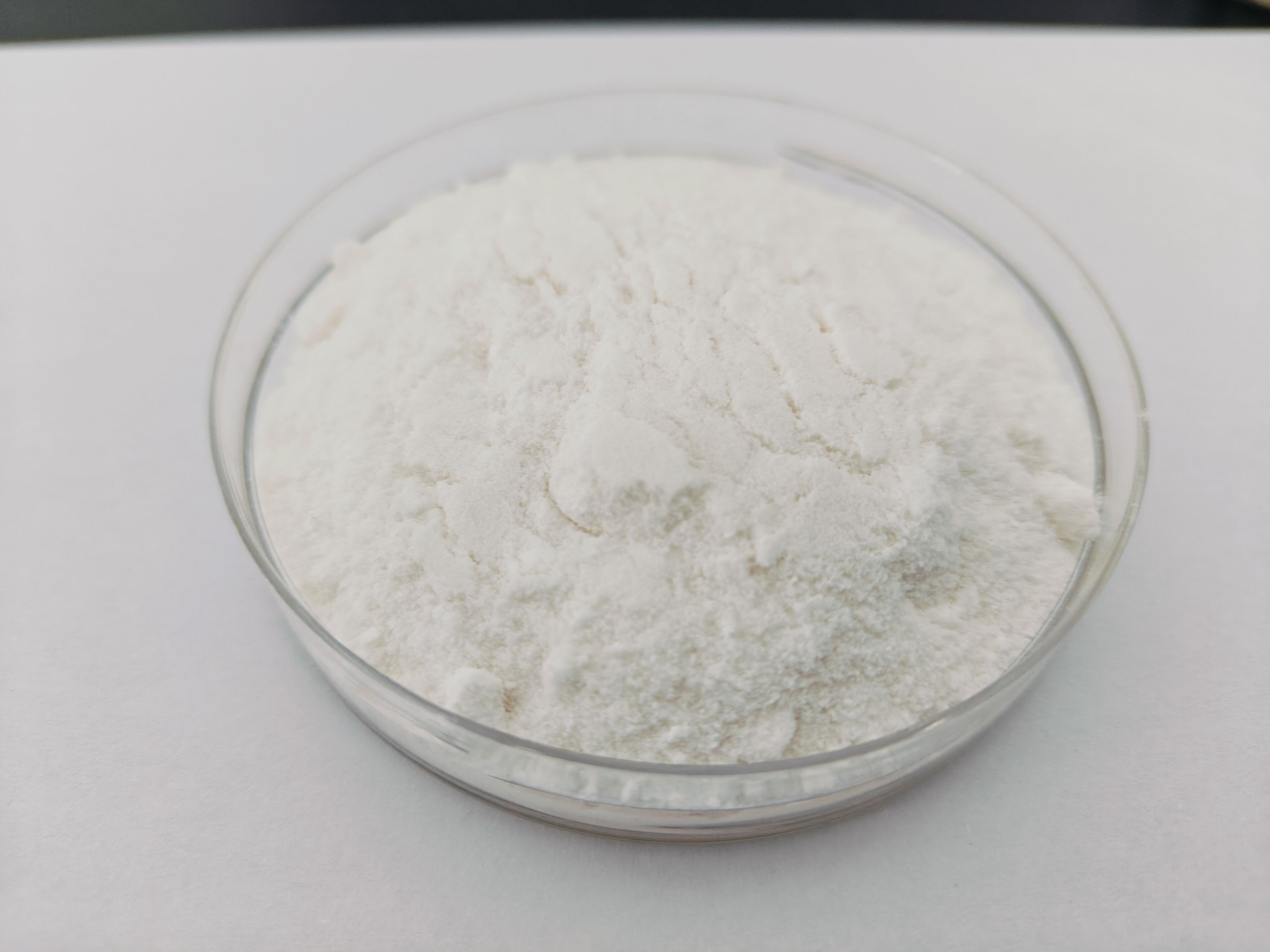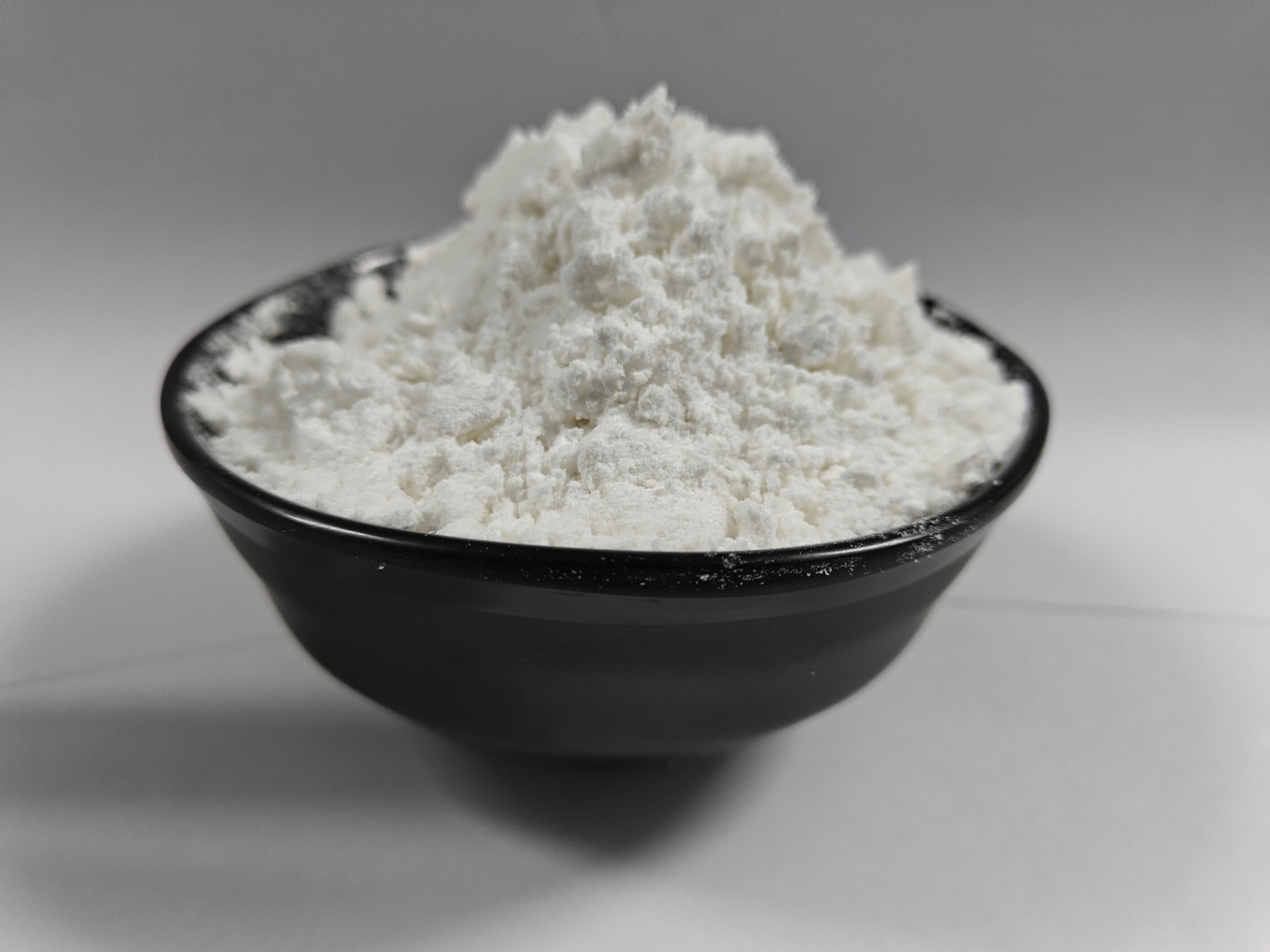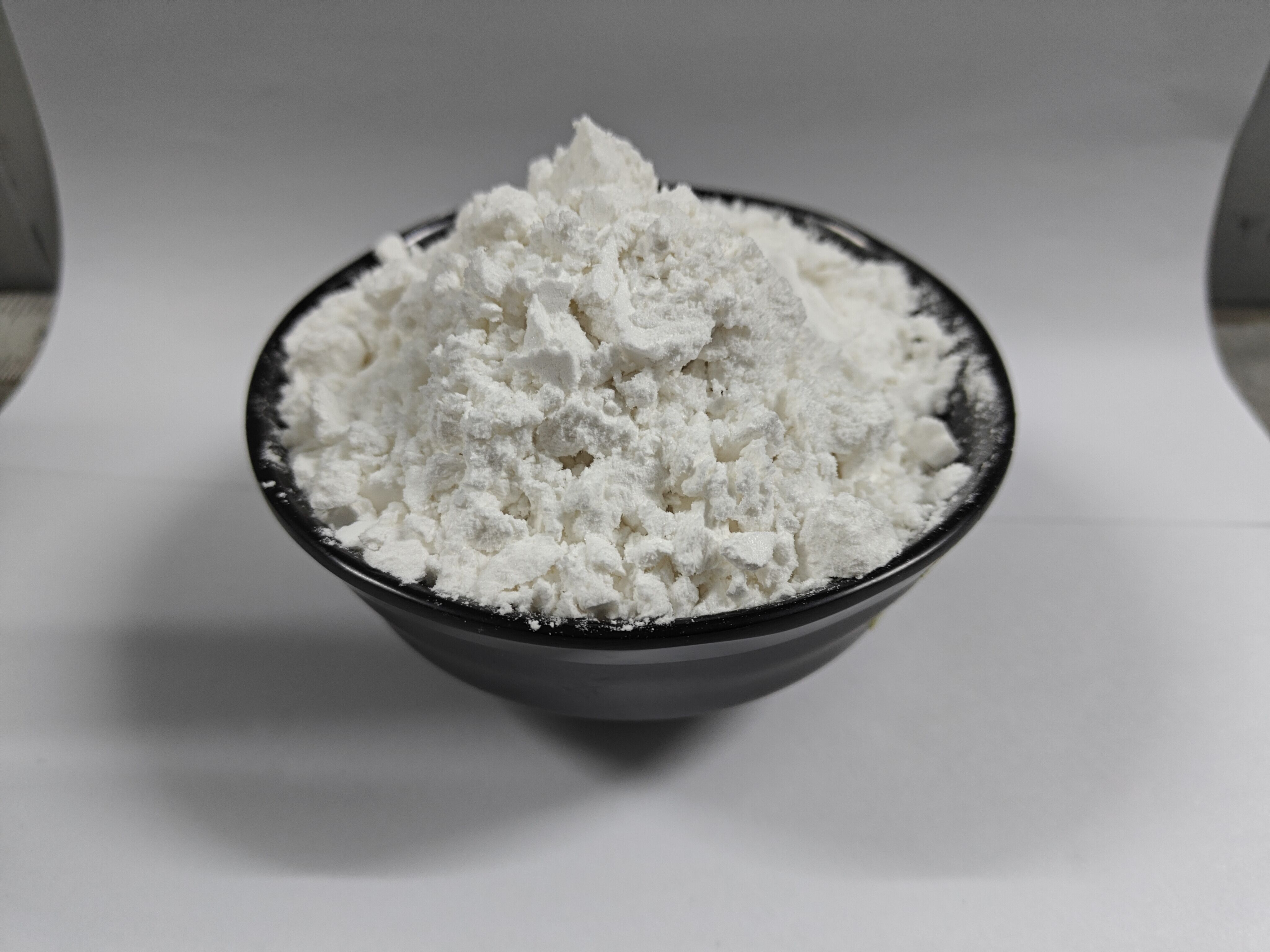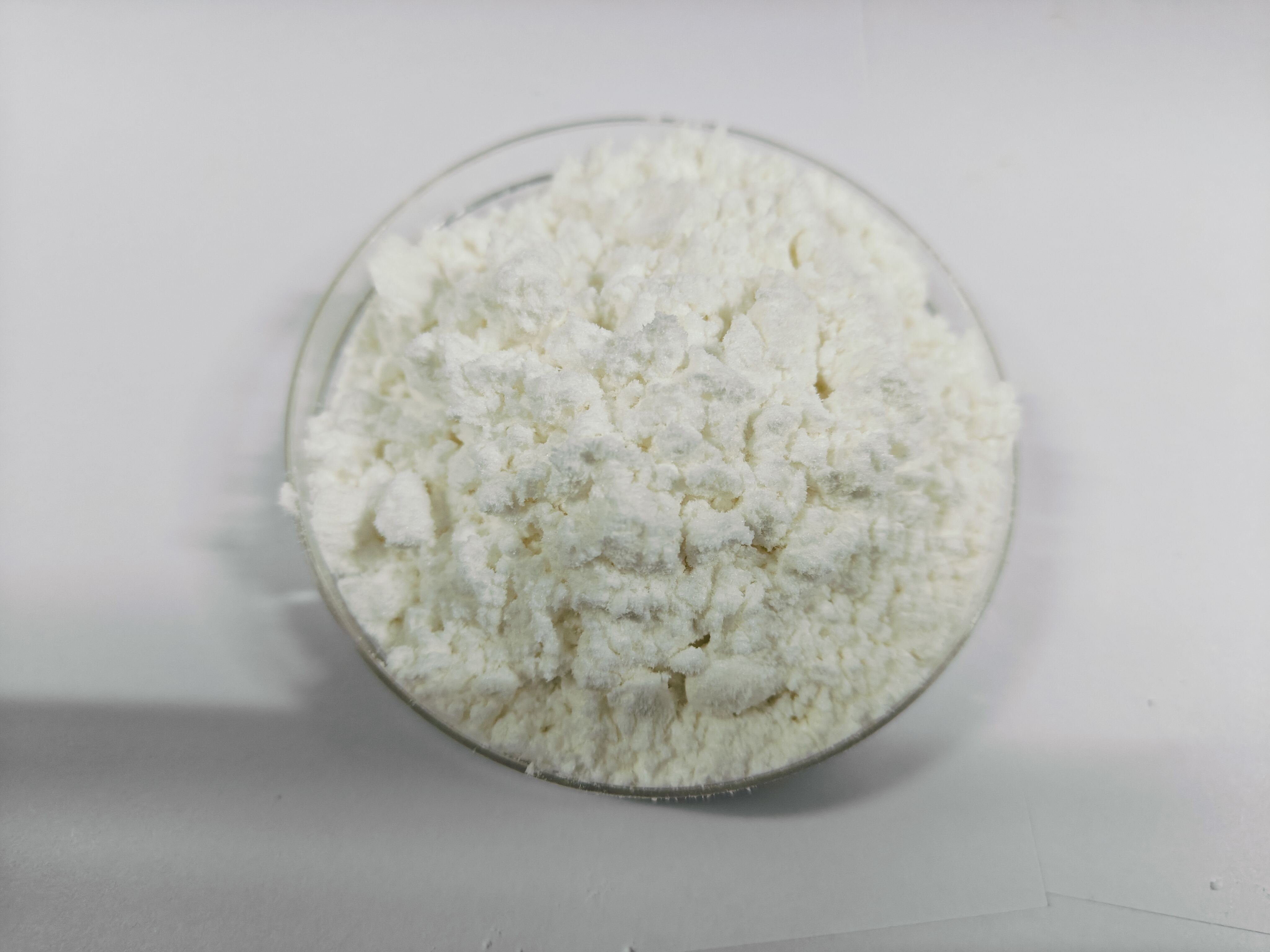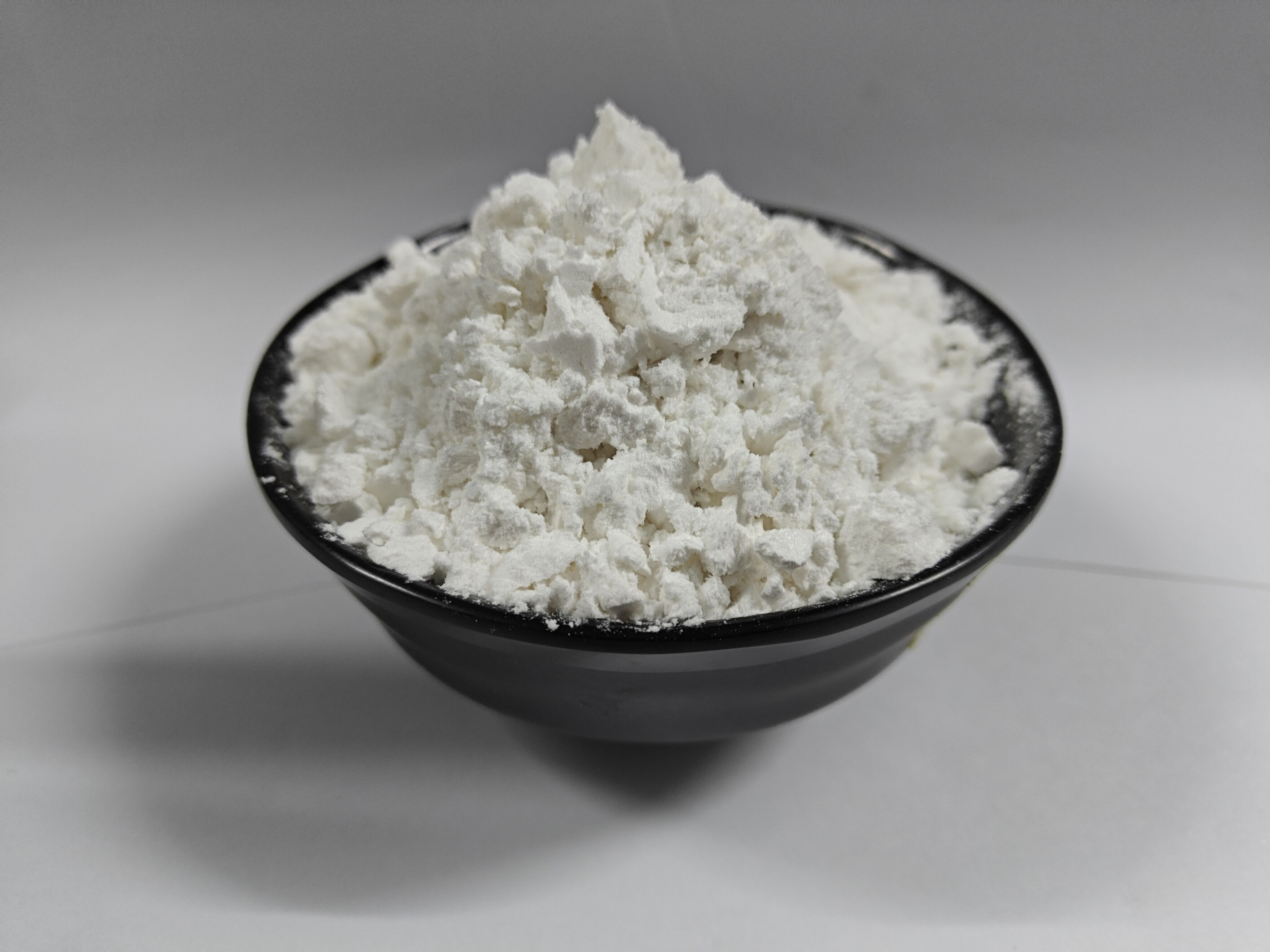Veelsydige Toepassingsomvang
Die uitsonderlike veelsydigheid van carbonyldiimidazool-koppeling strek oor verskeie chemiese sintese-toepassings. Hierdie metode fasiliteer doeltreffend die vorming van verskeie chemiese bande, veral nie net amide-verbindings nie, maar ook esters, anhidride en spesialiseerde afleidings. Sy kompatibiliteit met alifatiese en aromatiese substrate, asook haar doeltreffendheid in sowel oplossing-sintese as stevige-fase-sintese, toon sy wydverspreide bruikbaarheid. Die metode se aanpasbaarheid tot verskillende reaksiekale, van milligramhoeveelhede in navorsingsomgewings tot kilogram-skaalsproduksie, maak dit onskatbaar in verskillende bedryfstakke. Dit funksioneer effektief in die sintese van peptiede, gemodifiseerde proteïene, polimere en komplekse natuurlike produkte. Die vermoë om sowel water-gevoelig as water-tolerante toestande te gebruik, bied buigsaamheid in reaksieontwerp en -uitvoering.

